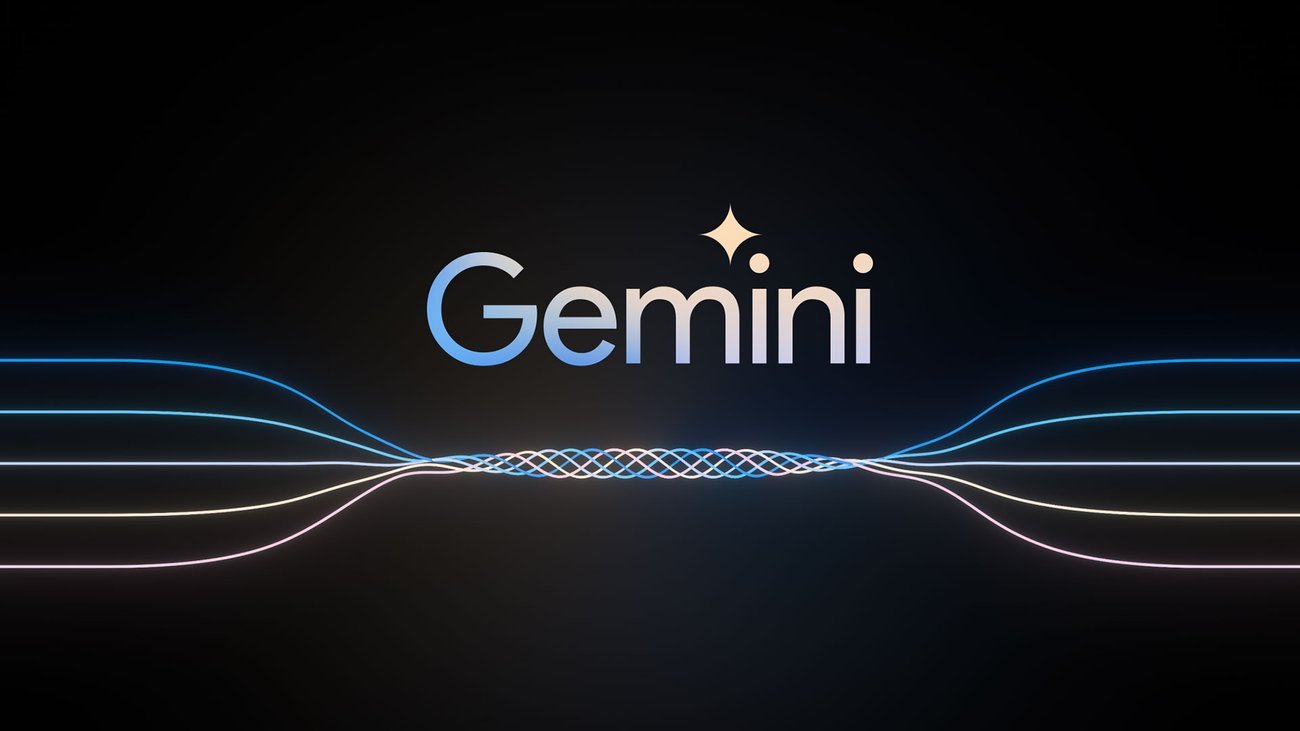In a year defined by frenetic progress in artificial intelligence, Google on Tuesday unveiled Gemini 3, calling it the company’s most advanced foundation model to date. The launch, which follows the release of Gemini 2.5 just seven months earlier, places Google back in direct competition with OpenAI’s GPT-5.1, Anthropic’s Claude Sonnet 4.5, and Elon Musk’s Grok 4.1—each vying for dominance in a landscape increasingly shaped by rapid iteration and escalating benchmark tests.
The announcement arrived barely a week after the debut of OpenAI’s GPT-5.1 and only two months after Anthropic introduced Claude Sonnet 4.5. The tight sequence underscores what industry analysts describe as an “arms race” in which leading AI labs push out new models with unprecedented speed, hoping to capture market, mindshare, and developer loyalty.
“This is Google’s most capable model yet,” said Tulsee Doshi, Google’s head of product for the Gemini team. “We’re seeing a jump in reasoning we haven’t seen before.”
To accompany the model, Google also released Gemini 3 Deepthink, a research-intensive variant targeted at enterprise and academic users, pending additional safety tests.
Benchmark Battles: A New Leader—or a Temporary One?
As soon as the release was announced, attention shifted to benchmarks—the proxy scoreboard for AI supremacy.
On the controversial but influential Humanity’s Last Exam benchmark, designed to stress-test academic reasoning, Gemini 3 Pro posted a score of 37.4 percent, the highest recorded to date. Its closest competitor, GPT-5.1, lagged at 26.5 percent, while Claude Sonnet 4.5 trailed further at 13.7 percent. The model also topped LM Arena, a human-led evaluation system that tracks user satisfaction across extended prompts.
Gemini 3 Pro’s dominance extended into several other categories:
- ScreenSpot Pro: 72.7%—more than double Claude Sonnet 4.5
- MMMLU: 91.8%—leading the field
- Global PIQA: 93.4%—topping GPT-5.1 and Gemini 2.5 Pro
- LiveCodeBench: a striking Elo rating of 2,439
Notably, the model set a new standard in the MathArena Apex benchmark, a punishing set of Olympiad-like problems where Gemini 2.5 Pro, GPT-5.1, and Claude Sonnet 4.5 all scored below 2 percent. Gemini 3 Pro logged 23.4 percent, signaling a dramatic leap in reasoning-heavy mathematical tasks.
Still, the model showed vulnerabilities. On SWE-Bench Verified, an industry-standard coding benchmark, Gemini 3 Pro trailed:
- Claude Sonnet 4.5: 77.2%
- GPT-5.1: 76.3%
- Gemini 3 Pro: 76.2%
It was a rare but notable weak spot for a model positioning itself as an all-rounder.
Benchmarks, however, remain contested territory. Researchers warn that companies may optimize models specifically to excel on these tests—raising questions about whether higher scores meaningfully reflect real-world performance.
A Model Built for Developers, at a Time When Developers Hold the Power
Beyond technical evaluations, the release of Gemini 3 Pro signals Google’s intent to win over software engineers—a constituency that has increasingly gravitated toward OpenAI’s ecosystem.
Google introduced Google Antigravity, a new coding interface powered by Gemini 3. The system resembles next-generation agentic IDEs like Warp or Cursor 2.0, integrating:
- a ChatGPT-style natural language window
- a command-line interface
- a browser pane showing real-time results of code execution
The move appears targeted at the growing market for AI “coding agents”—systems that not only generate code but also execute, test, and iterate autonomously.
Google claims the Gemini app now has 650 million monthly active users and that 13 million developers are using its models in daily workflows. The company is betting that a more powerful coding interface, paired with improved reasoning and long-context tools, will tip the scales in its favor.
But industry experts remain cautious: “Developer loyalty can flip quickly,” one analyst noted. “Whoever offers the best ecosystem, not just the strongest model, wins.”
The Broader Race—and the Limits of Leadership
Despite its strong debut, experts say Gemini 3 Pro’s time at the top may be short-lived. With frontier AI labs releasing new models every few months—and sometimes every few weeks—no single system holds a lasting lead.
The intense cycle raises questions about sustainability. Researchers warn that pushing models out faster may increase safety risks; others note that many benchmark advances represent marginal or synthetic gains rather than meaningful shifts in capability.
And while Gemini 3 Pro excels in many categories, the benchmark table also reveals a narrow spread between top models—suggesting that Google’s achievements, while significant, represent competitive parity as much as outright dominance.
For now, though, Google has scored an unmistakable win. Gemini 3 Pro is the latest entry in a rapidly unfolding competition with implications for education, governance, cybersecurity, and the global economy.
The real test, as always, will come not from benchmark charts but from the millions of people who use—and rely on—these systems every day.



